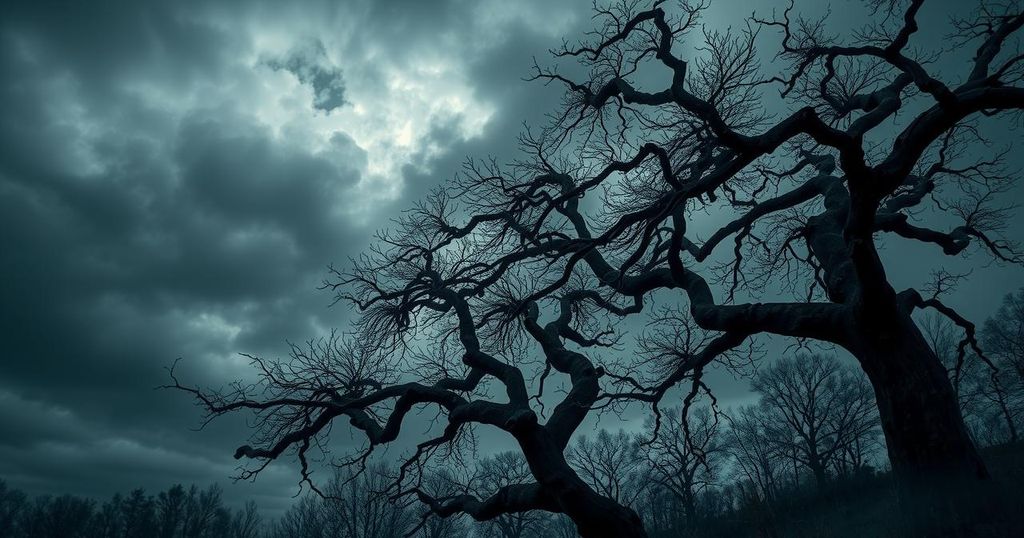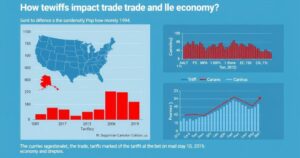American Politics Inspire Some Chinese to Confront History
- American politics spark interest in China’s historical taboos.
- Discussions of the Cultural Revolution are discouraged in China.
- Chinese netizens connect American politics to their past experiences.
- Online comments reveal discontent with political situations.
- Censorship in China challenges outlets for historical reflection.
Navigating China’s History Through Online Discussions
American politics have concocted an odd mix for some Chinese citizens, coaxing them into territory so often avoided: the murky depths of their own not-so-distant past. Discussions around the Cultural Revolution—a decade marked by brutal persecution and societal upheaval—are rarely open in China. Official narratives under Xi Jinping have exacerbated this silence, imposing distinctly curated ideologies that dismiss reflections on that dark time as “historical nihilism.” However, with a peculiar backdrop of online banter surrounding Trump-era antics, many are turning to the Cultural Revolution as a cultural reference point in their critiques.
Cultural Reflections at the Intersection of Politics
It certainly seems ironic, doesn’t it? While the Cultural Revolution remains largely hidden from view under the regime’s watchful eye, its shadows can be spotted in heated conversations about American politics. These online dialogues afford Chinese netizens a rare opportunity, a slice of space to examine their national history via the lens of foreign political occurrences. When they reference the anarchy of the Cultural Revolution, it’s often as a way to frame their frustration with perceived chaos akin to that of Trump’s tumultuous administration. In doing so, they not only unveil a frustration rooted in current events but also a complex relationship with their historical identity and the ways it’s perceived or, in many cases, suppressed.
The Awakening Curiosity Amidst Restraints
It’s alarming, almost sobering, to consider the implications of this trend—how a politically charged environment abroad can breathe new life into discussions that were once stifled like the very airless rooms in those repressive times. While censors usually impose strict limits over what can be discussed openly, these moments of transgressive thought flourish in impromptu exchanges online. The echoes of the Cultural Revolution seem to resonate among those who feel trapped in a similarly chaotic political climate today. And, as they compare the extravagance of rhetoric and the fragility of truth across both landscapes, one can’t help but ponder the potential for a larger, more profound awakening within China’s society: a budding curiosity to unearth and process their past, however discomforting it may be.
In a striking twist, the dialogue around American politics is driving some Chinese individuals to confront their own historical taboos, particularly surrounding the Cultural Revolution. While the government aims to suppress such discussions, online spaces are allowing for a critical reflection on both past and present. This complex interplay reveals a societal yearning to reconcile with history amidst the chaos of contemporary political narratives.




